Tea trees crave water during hot and dry summer days
The iconic Australian tea tree (Melaleuca decora) is more vulnerable than native eucalypt species to extreme temperature and moisture stress, Western Sydney University researcher Anne Griebel has discovered.

To make the finding, Anne and colleagues fitted instruments that measure the exchange of carbon, water and heat at 10 times a second to an extendable mast on a trailer deployed in a critically endangered woodland in Western Sydney.
The instruments provided ultra-fine measurements that were then combined with observations from airplanes and satellites.
“We found that our local tea trees use more water and reach higher temperatures during heatwaves than the local eucalypts, making them more vulnerable to hotter and drier future climates,” says Anne.
The increased heat intensifies the effects of heat waves and the increased water use does the same for droughts. However, tea trees sequester as much carbon as eucalypts, and the higher water use can have a cooling effect on the surrounding area.
“If we don’t protect the few remaining isolated forest fragments in the greater Sydney area, we’re going to lose a significant carbon sink as well as the last refuge of natural habitat for many animals in this peri-urban environment,” she says.
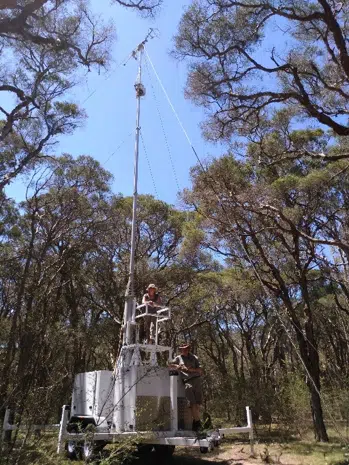
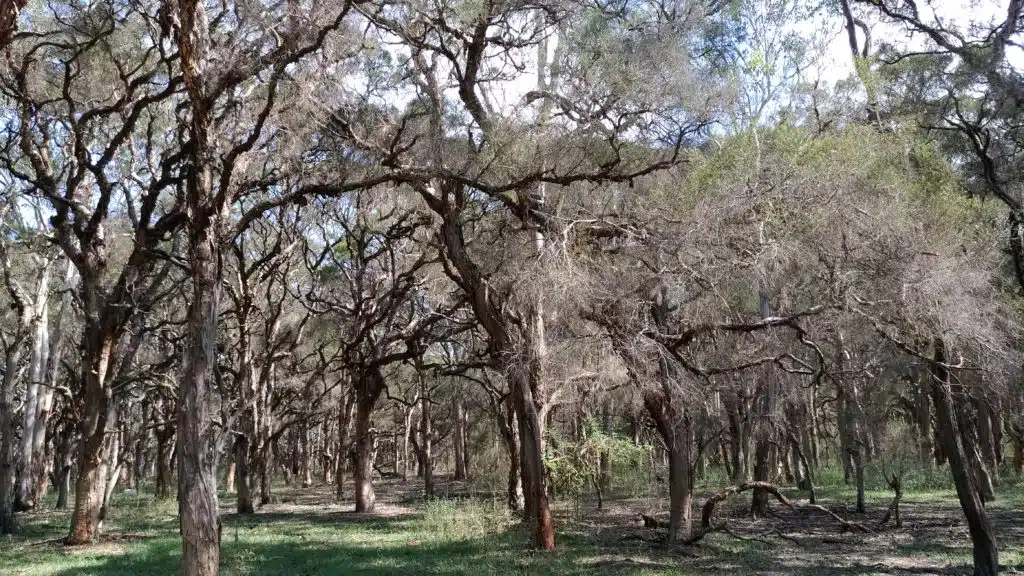
Feature photo by Pixabay.
Further reading:
- A. Griebel, D. Metzen, M.M. Boer, C.C. Barton, A.A. Renchon, H.M. Andrews and E. Pendall (2020). Using a paired tower approach and remote sensing to assess carbon sequestration and energy distribution in a heterogeneous sclerophyll forest. Science of the Total Environment , 699: 133918. DOI: https://doi.org/10.1016/j.scitotenv.2019.133918
- A. Griebel, D. Metzen, M.M. Boer, C.C. Barton, A.A. Renchon, E. Pendall (2019). Implication of heat stress on carbon and water exchange at the Cumberland Plain woodland. HIE Research Symposium, 30 Oct. 2019, Sydney, Australia.
- A. Griebel, D. Metzen, M.M. Boer, C.C. Barton, A.A. Renchon, E. Pendall (2019). Addressing the spatial sampling bias in heterogeneous ecosystems. OzFlux annual meeting, 1-3 Jul. 2019, Brisbane, Australia.
- A. Griebel, D. Metzen, M.M. Boer, C.C. Barton, A.A. Renchon, E. Pendall (2019). Using a paired tower approach and remote sensing to assess carbon sequestration and energy distribution in a heterogeneous sclerophyll forest. TERN Advisory Board Meeting, 25-26 Feb. 2019, Sydney, Australia.
- D. Metzen, A. Griebel, M.M. Boer, A. Renchon, C.V.M. Barton, E. Pendall (2018). Using a paired tower approach and remote sensing to assess energy distribution in heterogeneous ecosystems. OzFlux-AsiaFlux joint conference, 23-26 Aug. 2018, Darwin, Australia.

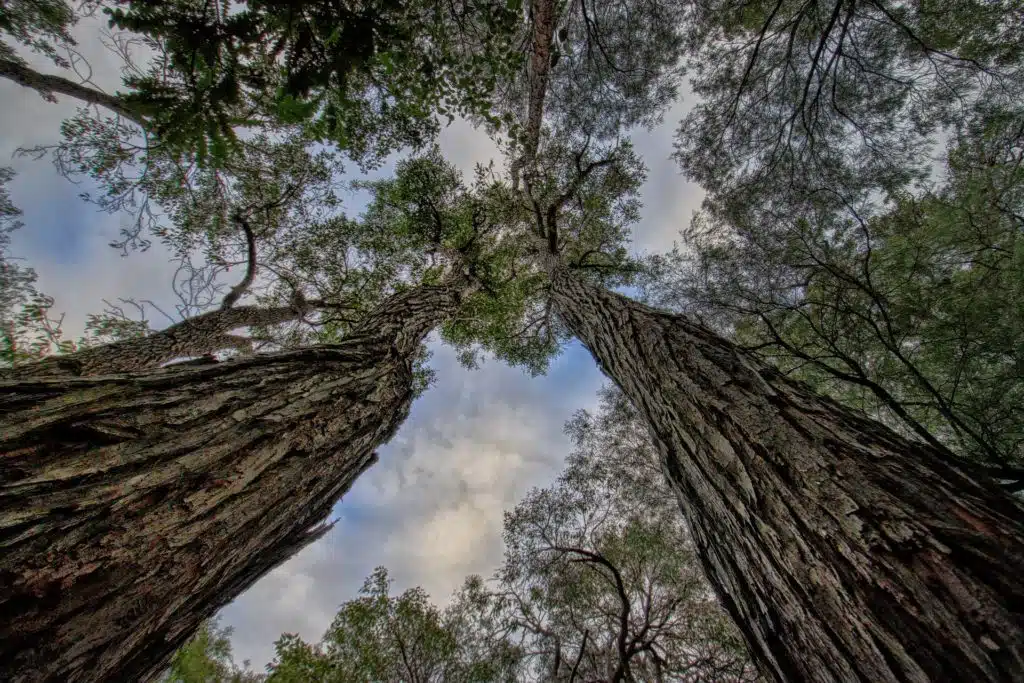
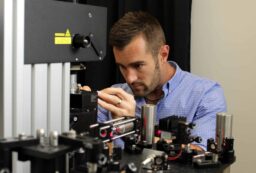

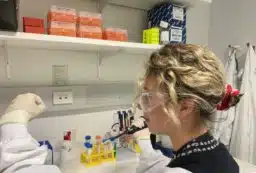
 Fresh Science is on hold for 2022. We will be back in 2023.
Fresh Science is on hold for 2022. We will be back in 2023.